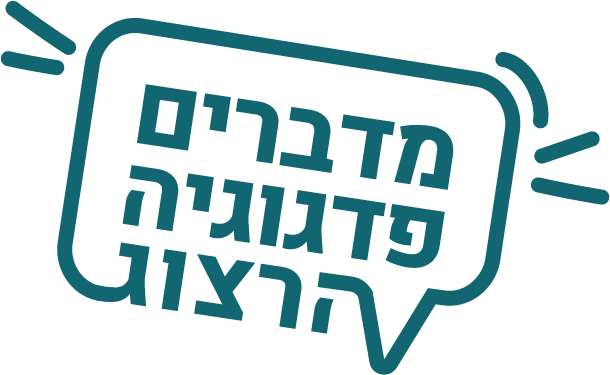
Silent Letters in English: Mum's the Word
English is full of quirks and mysteries, and silent letters are among its most fascinating features. Silent letters—letters written but not pronounced—challenge learners and enrich the language with its historical depth. In this blog post, we’ll explore the history of silent letters, list all the letters that can be silent (with examples), and clarify which letters are never silent









